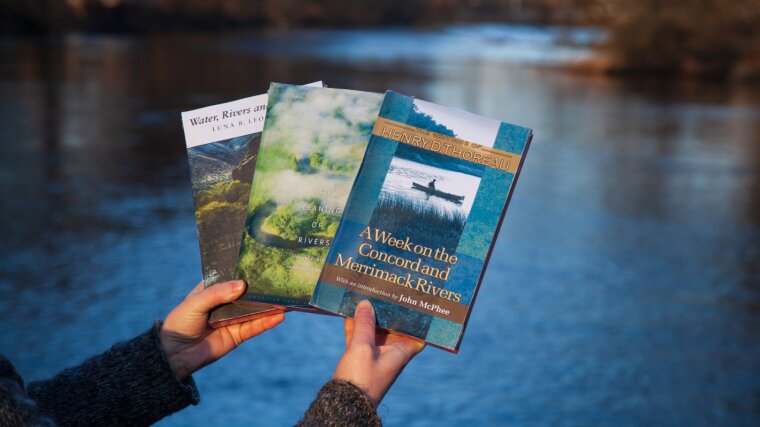The ‘WaKu’ project investigates the cultural dimensions of water and focuses on narratives of water in particular. Water is not only an existential resource. As a source of life, medium of transformation, collective identity marker, and symbol for purification, it also bears a cultural-historical and cultural-political significance. By analysing North American literatures and cultures in which the symbolism and practical significance of rivers and other bodies of water has a long tradition, this project aims to demonstrate how literature and literary theory contribute to a better understanding of water as a material and cultural resource.
Literary narratives perform a central function for developing knowledge about water, understanding complex interdependences, and for promoting resilience in times of crisis because they allow the imaginative simulation of future scenarios. By means of popular and literary texts, as well as literary theory contexts, the project examines how water issues are currently negotiated at the intersection of natural-scientific, literary and sociological discourses. The project explores how narrative devices can be employed to make possible futures of water tangible beyond mere (natural-scientific) facts and numbers. It refers to transdisciplinary approaches from literary and cultural theory like ecocriticism and the environmental humanities, as well as current cultural water theories such as the blue humanities, which create new perspectives on human-water relationships.
As its primary goal, the project aims to expand the concept of bioregionalism, which combines geographical characteristics and cultural practices (like narratives) of a region, to a hydroregionalism, which brings together the matter of water and cultural practices of water usage, for one exemplary region. Based on a literary corpus and its analysis, the project aims to demonstrate how literature creates environmental awareness for a region’s approach to water. The criteria and guidelines for a hydroregionalism may eventually serve as a model for other regions, institutions, and corporate cultures.



